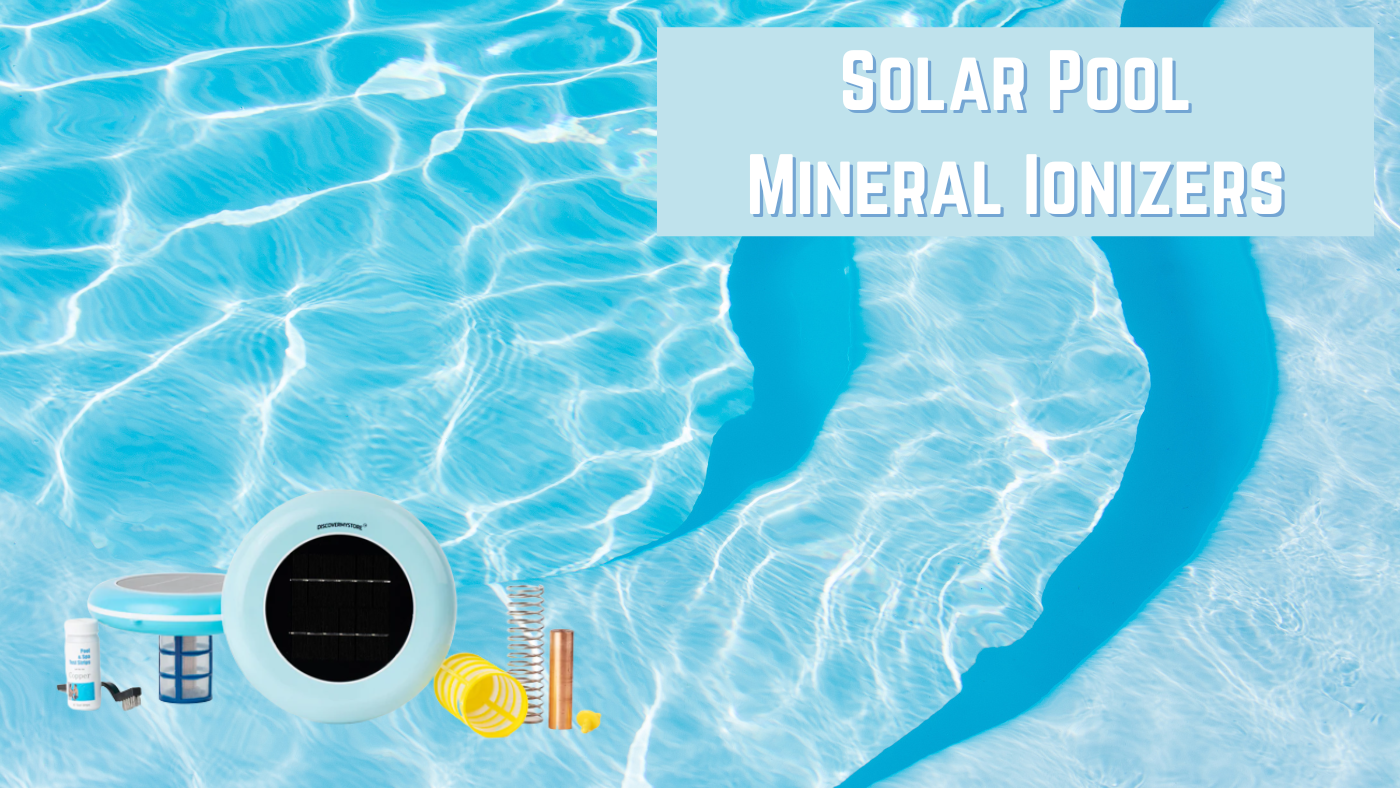
An ion is a group of atoms that have an electrical charge. There are many types of ions in your pool, and they can behave in different ways. For instance, copper ions can help prevent algae growth, while silver ions can kill bacteria.

An Ionizer is a device that creates metal ions by using electricity to float in the pool. These ions are then dispersed into the water to perform their duties. The device's electrodes are powered by DC currents produced by sunlight and are charged with copper or silver.
When the voltage is applied, the silver or copper electrode loses an electron and becomes a cation. The other electrode then draws the charged cations towards the other electrode, but they are swept away by the rushing water.
After being introduced to the water, the ions dissolved in it until they encounter a microorganism that is negatively charged. Surrounded by the charged particles, the cell wall begins to crumble within minutes.

Although an Ionizer can remove organic matter from the water, it cannot completely remove it from the surface. To keep the water clean, a low chlorine residual is needed. In addition, copper can deposit itself on the interior surfaces, giving it a greenish-blue color.
When silver is introduced to the water, it can react with heavy shock and sunlight, which can cause black stains on the plaster. Although electric pool ionizers won't stain, they should be used properly and only with a sequestering agent.

Some people use a pool ionizer several times a week to shock the water, which eliminates the need for tablets. However, frequent shocking can cause the solution to overflow and deposit excess metals on the pool's surfaces. A better alternative is to use pool ionizer as a complement to other daily use products such as chlorine and ozone.
To effectively use a pool ionizer, the level of total dissolved solids (TDS) should be below 1000 ppm. Also, hard water pools with high calcium hardness levels should regularly clean their electrodes to remove scale deposits.
Although high pH levels can negatively affect copper, they can have little effect on silver. High levels of chlorine can also cause both silver and copper ions to get bogged down. When using an Ionizer, keep the free chlorine level at around 0.5 to 0.8 ppm.
An Ionizer can help reduce the use of traditional chemicals in your sanitation program. In addition, silver and copper ions are harmless if swallowed.
If you have any other questions about pool and spa products please do let us know - we are here to help!
Also don't forget to subscribe to our YouTube channel and check out our videos with other great pool and spa products!
